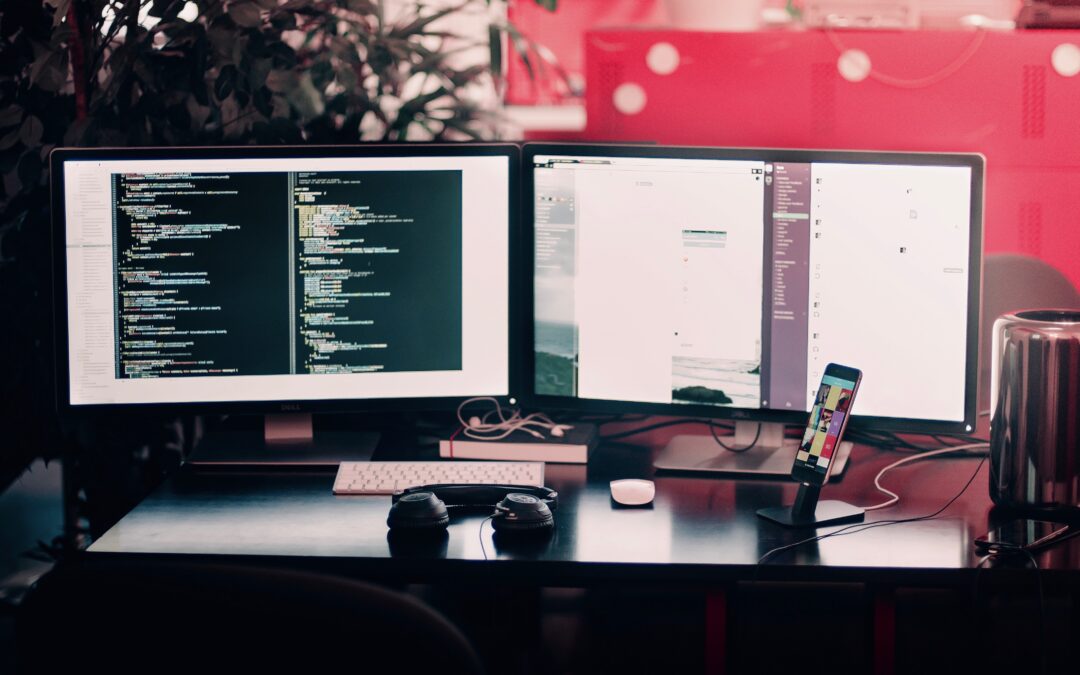You can’t go long in a day without hearing about AI and its potential to revolutionize various industries and sectors. Today, we will focus on one specific area of this conversation: how AI is changing copyright law.
As AI gets more innovative and more advanced, it’s changing how the legal world handles copyright – and we will explore the various ways this is happening in this article.
How AI is Revolutionizing the World of Copyright Law
With AI now playing an integral role in copyright enforcement, laws are starting to adapt to reflect this changing landscape.
Further, with AI advancing rapidly and as it becomes more prevalent in our daily lives, it raises crucial legal questions. One such issue is how copyright law should treat AI-generated works.
Here are a few examples of the current discourse around AI and copyright law.
New guidelines for registering AI-generated works
One such example is the new guidelines for registering AI-generated works the US Copyright Office (USCO) outlined in March 2023.
They expand on the “human authorship” requirement, which determines AI-generated works must have a human author who can claim authorship. This shift in copyright law recognizes the importance of giving creators credit for their works, even if they are based on artificial intelligence.
The statement also clarifies their examination and registration practices for creative works that include material produced by Artificial Intelligence, requiring all works eligible for copyright protection must be created by a human being.
Furthermore, the USCO will determine whether AI contributions were authored by a human with AI assistance or produced entirely by an AI.
However, they note that works based on or incorporating AI-produced material may be copyrightable if sufficiently creatively modified by a human. In this case, applicants must disclose the use of AI technology and provide a written description of the author’s involvement.
Visit this post next to read about intellectual property, copyright, and trademark infringement concerns for social media influencers.
AI and inventions
Regarding inventions and copyrighting, The United States Patent and Trademark Office (USPTO) is facing a critical question as the abilities of Artificial Intelligence (AI) advance: Is it possible for an AI to serve as an inventor?
In June 2022, the USPTO held its inaugural AI/ET Partnership meeting. During this meeting, a panel discussed the subject of inventors and AI.
This document summarizes the two primary arguments from the panel:
“Although there was consensus that AI cannot “conceive” of inventions, some panelists contended that AI is merely a tool like any other tool used in the inventive process, while others pointed to situations in which AI systems can output patentable inventions or contribute at the level of a joint inventor.”
AI-generated images and copyright
Another interesting area of copyright law and AI relates to images.
The US Copyright Office recently ruled that a comic book created with an artificial intelligence program could, in fact, have copyright registration with a notable caveat: individual AI-generated images will not get copyright protection.
Read more about the specific case this ruling arose from in this Wall Street Journal article.
How AI is Changing Copyright Law: What it Means for You
Now that we’ve covered how AI is shaking up copyright law, let’s look at how this shift will affect our daily lives.
A big implication of these changes to copyright law? Notably, that copyright law can no longer be assumed to protect your work automatically.
You must also establish a human author who can claim authorship created the work. This calls for more careful consideration when creating and publishing works, particularly those involving AI technology.
In addition, businesses must ensure their works are properly registered with the US Copyright Office if they rely on traditional copyright protection. This is especially true when there is any question as to whether or not a human author created the work.
Copyright Law and AI: Important Questions to Ask Yourself
As for you and your business, let’s shift our focus to some vital questions to ask if your business is considering using artificial intelligence technology in its works and processes.
First, does your work use AI technology in a way that could be considered copyright infringement?
Second, what steps can you take to protect the originality of your work and ensure proper registration with the US Copyright Office? In particular, consider how you can demonstrate a human author or inventor sufficiently and creatively modified any AI-generated content.
Lastly, is there an alternative form of protection for your work? For example, trademarks and patents may be more suitable for certain uses of AI than traditional copyright law.
Read about trademark basics next.
Businesses must ask themselves these questions and research the law as it stands. Then, they are better equipped to use AI technology in their works without running afoul of copyright law.
Contact Contiguglia Law to Discuss How AI is Changing Copyright Law
As your Denver business lawyers, the team at Contiguglia Law is here to help you navigate the ever-changing landscape of copyright law and AI.
We can provide you with specialized advice on using artificial intelligence in your business and assist you in registering any works created by such technology.
Contact Contiguglia Law now to discuss how AI is changing copyright law and how we can help protect your intellectual property in this new era.
Did you learn a lot about AI changing copyright law in this article?
Here are three more to read next:
- Protect Against 3 Forms of Entrepreneur Liability
- Choosing the Best Business Entity for Your Startup
- What Should You Consider When Buying a Business?



